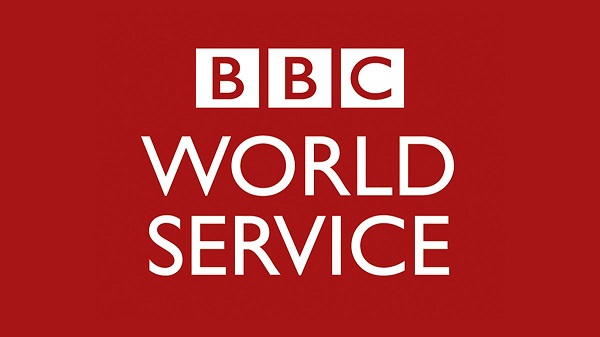
The BBC Amharic, Afaan Oromo and Tigrigna services expansion is designed to bring “independent journalism to millions more people around the world, including those in places where media freedom is under threat,” according to BBC World Service.
LONDON, UK (News24)–The BBC on Monday (Jan. 29) launched new daily radio services producing news, current affairs, features and English language training for Ethiopians and Eritreans.
The BBC World Service programs will be broadcast from Monday to Friday in the Amharic, Afaan Oromo and Tigringa languages and will be aired on shortwave radio and streamed on Facebook.
“There will be a strong focus on culture, health and original journalism from the region,” the British broadcaster said.
It will also offer beginner, intermediate and advanced English language lessons once a week to speakers of the three regional languages.
The BBC last year launched an online portal entirely in Nigerian Pidgin, which takes inspiration from Portuguese, English, as well as Jamaican patois.
It also launched a Korean service that is said could be available to listeners in North Korea if the signal is not blocked.
The announcements came as part of the World Service’s biggest expansion since the 1940s, funded by the British government.
The expansion is designed to bring “independent journalism to millions more people around the world, including those in places where media freedom is under threat,” according to the BBC.
“Through war, revolution and global change, people around the world have relied on the World Service for independent, trusted, impartial news”, said Francesca Unsworth, BBC World Service Director.
“As an independent broadcaster, we remain as relevant as ever in the twenty-first century, when in many places there is not more free expression, but less,” she added.
The BBC World Service is the world’s largest international broadcaster, reaching a global audience of 269 million weekly, on radio, television and online.
BBC Director-General Tony Hall has set a target for the broadcaster to reach 500 million people worldwide by 2022.
Source: News24
